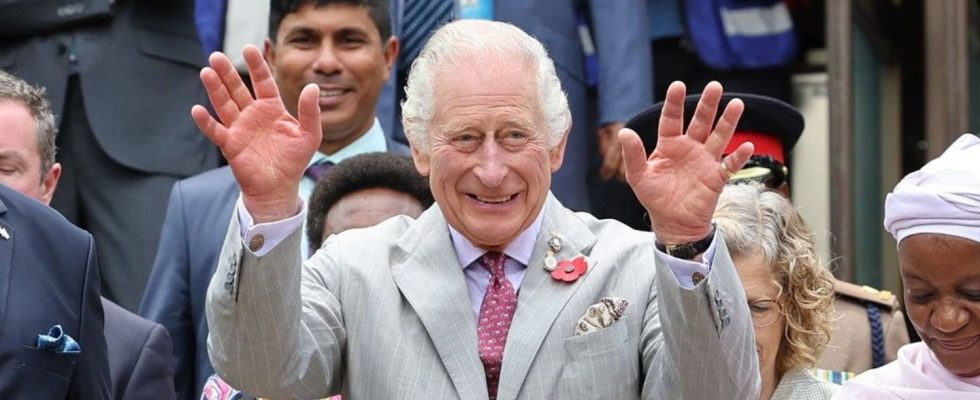King Charles III in Kenya
Colonial atrocities inexcusable
King Charles III was born in the Kenyan capital Nairobi. greeted warmly – but there he must clearly distance himself from the transgressions of the past
© IMAGO/i Images
On the second day of his state visit to Kenya, King Charles took a clear stance on Britain’s inglorious colonial past.
Yesterday, Tuesday, King Charles III. (74) and Queen Camilla (76) began his four-day visit to Kenya, East Africa. The official occasion of their visit is the 60th anniversary of the country’s independence from the British Empire. The two were arrested in the capital Nairobi Kenya’s President William Ruto (56) and First Lady Rachel (54) received military honors.
At an official state banquet, King Charles fulfilled expectations, as hoped, to comment on the country’s period as a British crown colony, which lasted from 1920 to 1963, and the British rule over the so-called “East Africa Protectorate” before that. In his speech, he condemned in clear terms the tyranny of the British rulers at the time, to which thousands of people fell victim.
“Heinous and unjustifiable acts of violence”
“We must acknowledge even the most painful times in our long and complex relationship,” the monarch said According to the Daily Mirror. “Heinous and unjustifiable acts of violence have been committed against Kenyans who, as you said at the United Nations, have been fighting a difficult struggle for independence and sovereignty. And there can be no excuse for that.” During his visit, it was extremely important to him to learn more about this injustice that was committed in the past and to meet people whose lives were severely affected by it.
Demands for reparations from the king
Before the visit, many Kenyans had made numerous demands on the royal family. For example, the National Human Rights Commission had once again pushed for the return of the skull of the leader of the Nandi people, Koitalel Arap Samoei (1860 – 1905), who led the Nandi resistance against later British colonial rule and was killed in 1905.
In the next few days, further discussions will also focus on topics such as Kenya’s cooperation in the fight against climate change, the promotion of young people and political stability in the region.

